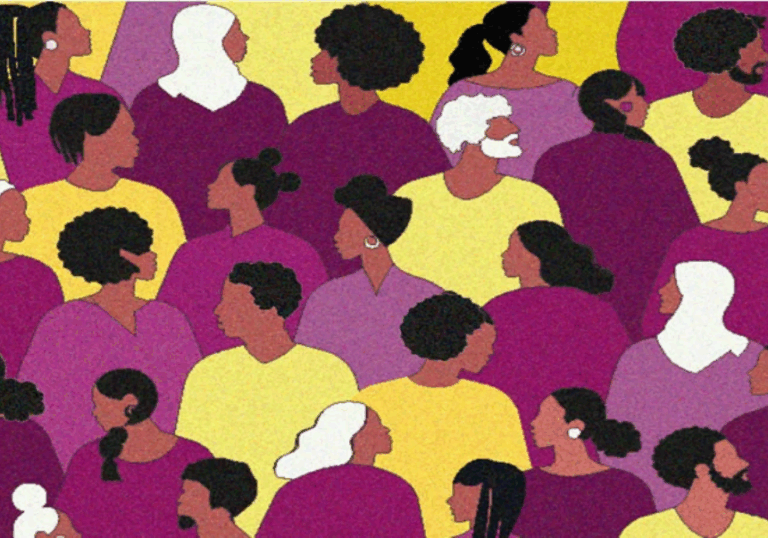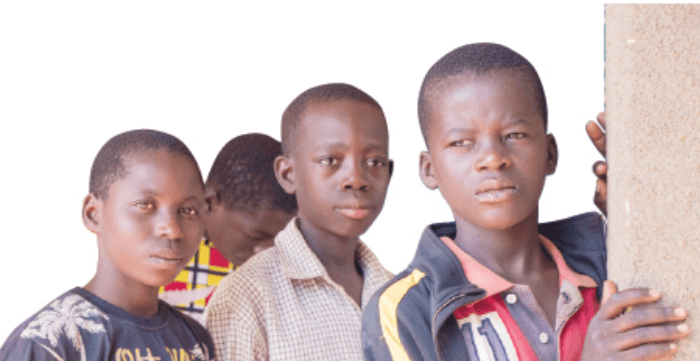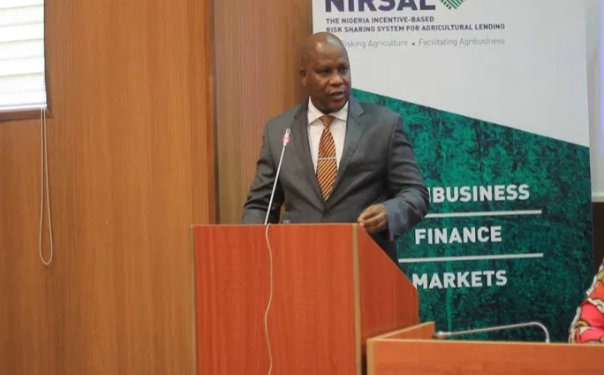Inadequate welfare packages, including hazard allowances, provision of Personal Protective Equipment (PPE), among other essential needs for health workers in Nigeria have become critical concerns that are forcing some of them into seeking safer and better alternatives.
Daily Trust drew from the experiences of some health workers in the Federal Capital Territory (FCT) and neighbouring Nasarawa State, and the state of isolation centres in the places.
As of Sunday, Nigeria had recorded 2,558 confirmed cases after testing 18,536 people. So far, 400 persons have recovered and 87 have died. The cases were confirmed in 34 states and the FCT, with the exception of Kogi and Cross River.
The University of Abuja Teaching Hospital (UATH) is the flagship isolation centre in the Federal Capital Territory (FCT). Our reporter visited the facility and found that normal activities were run amidst the lockdown.
‘Okada’ riders still ferry passengers around but are prevented by security operatives at the entrance. Some health workers, including nurses at the wards, said PPEs are provided but not on a daily basis.
“We have to disinfect the one we have sometimes about thrice or more. The fact about the spread of COVID-19 is that, everyone has to take personal measures,” Hauwa Aliyu a nurse said.
A section of the accident and emergency ward in the hospital which serves as the isolation centre is marked off with red tape, and restricted from the reach of people who do not have authorised access to it. It was learnt that the welfare of the health workers has slightly improved but that it was a sorry state few weeks earlier in the COVID-19 pandemic period.
The doctors on duty, treating the COVID-19 patients could not go home for fear of contracting the infection and transmitting same to families. A source said they were lodged in a hotel and that the hotel bills were not paid initially for lack of funds.
A facility meant for their accommodation in the hospital was not ready. They had limited surgical masks and other equipment to battle the disease, while power supply was also a huge challenge. However, the officials said Mainstream Energy, a private firm, came to the rescue by furnishing nine rooms at the building for the COVID-19 doctors, nurses and other health workers.
The firm, it was learnt, had also cleared the bills of the health workers accommodated at the previous hotels they lodged. It also provided a generator, cartons of N-95 facemasks and other equipment to the facility. Shortly after, the Rural Electrification Agency (REA) provided a solar power grid for the isolation centre within the hospital.
The Chief Medical Director (CMD), Prof. Bissalla Ahmed Ekele, lauded the donations but called for perimeter fencing for the residential facility for the frontline health workers, and that there was the need for welfare and incentives for them. Besides this, two more isolation centres are now active in Abuja. They are the National Hospital and a section of Asokoro General Hospital.
Health workers struggle with PPEs, others
Maria Adebola was a nurse at the National Hospital in Abuja but moved to Maryland in the United States, along with her husband, also a health worker at the same hospital.
Narrating her ordeal while working in Nigeria, she said the welfare of medical health workers was a huge turnoff for many graduates such that they were easily enticed with little opportunities. Entrance to UATH, Gwagwalada, FCT

“I think the federal government needs to do more before this poor welfare causes more brain-drain. But I hear they are doing something now with the spread of the COVID-19 pandemic,” she said.
Like Mrs Adebola, Michael Akor was practising in a private hospital in Nasarawa State but recently moved to Abu Dhabi, UAE, where he said the welfare package and the monthly offer were four times more than the pay of a medical consultant in Nigeria.
“Even if you want to make sacrifice, the welfare issue and lack of attention to those details by government would dissuade you from practising. I moved to Abu Dhabi, United Arab Emirates in January 2020, and I have no regrets,” she said.
At the Mararaba Medical Centre of Nasarawa State, few kilometres away from Abuja, health practitioners are in dire need of PPEs. Some of the health workers on duty said they had limited facemasks and have to continually disinfect them for use.
Mrs Grace Ado, a nurse said: “We are still handling child delivery, emergency cases here and that means we are exposed to hazards. What we need the Nasarawa State Hospitals Management Board (NSHMB) to do is to provide more PPEs including sanitisers and facemasks for health workers.”
Another worker, a medical doctor, Isah Abuh, said the state government should review the hazard allowance for doctors, not just for those at isolation centres but for everyone.
“We don’t run tests for COVID-19 here but attend to scores of patients here and some may have suspected symptoms of the virus. Health workers are really exposed to the pandemic and other hazards,” he noted.
Our reporter observed that the cleaners have intensified their duty by intermittently cleaning and disinfecting walkways and the waiting rooms at the medical centre.
Worst hit by the lack of PPEs in Nasarawa and the Federal Capital Territory (FCT) are the private hospitals. Some of the hospital workers said they have to purchase sanitizers and facemasks themselves as there were not enough for everyone.
“We still attend to patients but who cares about hazard allowance for you? We are not government workers, so we try to take the best care that we can,” said Roselyn Onuigbo, a worker at a hospital in Nyanya.
States take actions, others mum
At a briefing by the FCT Task Force on COVID-19 in April, the acting Secretary of the Federal Capital Territory Administration (FCTA) Health Secretariat, Mohammed Kawo, said medical doctors at the frontline will get N50,000 allowance; nurses and laboratory technicians will be paid N30,000, while drivers, ward heads and cleaners will get N20,000. Hazard allowance also rose to N5,000.

On Workers Day, Governor Babajide Sanwo-Olu of Lagos State announced a 400 per cent increment in the hazard allowance of health workers for the month of April.
He also announced additional health and life insurance schemes for the frontline health workers in the state. Some workers confirmed receiving above N20,000 last month as hazard allowance instead of N5,000 they received earlier.
Kaduna State, which has 81 confirmed cases, has said it will pay daily incentives of between N5,000 and N15,000 to frontline health workers and also provide them additional insurance cover for death and disability.
The Commissioner of Health, Dr Amina Mohammed Baloni, disclosed this last week saying it takes effect from April 2020.
Despite a protest by the Medical and Health Workers Union of Nigeria (MHWUN), Ekye Branch in Doma Local Government Council of Nasarawa State for delay in their March salary, the state is yet to announce any formal improvement in the welfare packages of health workers.
But the Commissioner for Health in the state, Pharmacist Mohammed Yahaya, said workers’ welfare is being taken care of. He said PPEs are provided for health workers and also for security agents routinely.
This report was facilitated by the Wole Soyinka Centre for Investigative Journalism (WSCIJ) under its COVID-19 Reality Check project.



